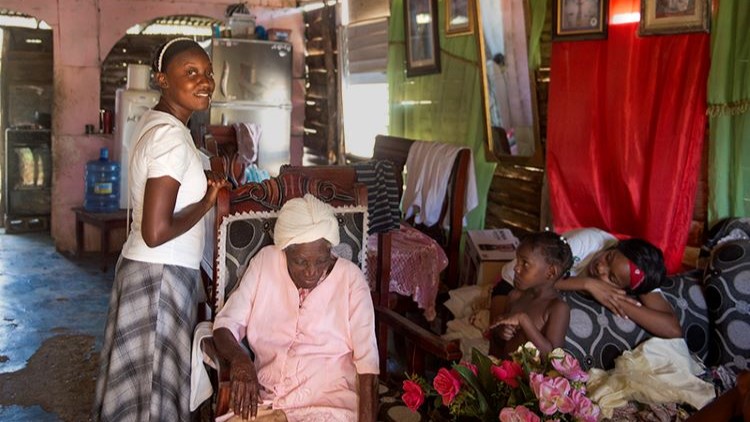Eduardo González
The Spanish Agency for International Development Cooperation (AECID) will allocate up to 86.5 million euros in 2024 to subsidies for cooperation, humanitarian action and innovation and knowledge, which represents an increase of 18.5 million euros compared to the year past.
This is stated in the forecast document for calls for competitive grants, adopted on February 21 and which specifies the keys to each of the three public calls that the AECID will publish in 2024 aimed at initiatives by NGDOs and other actors in the Spanish Cooperation to promote sustainable development and humanitarian action abroad.
The resolution states, among other issues, that the total budget for subsidies will be up to a maximum of 86.5 million euros (compared to 68 million in the previous year), of which up to 55 million euros correspond to subsidies for development cooperation projects promoted by NGDOs, and 11.5 million euros to the field of innovation.
Among the main developments for 2024, and in view of the increase in humanitarian needs in the Gaza Strip and the West Bank, the AECID will reserve 15% of the credit available in the call for humanitarian actions for Palestine.
Project subsidies
Subsidies for corresponding development cooperation projects will have a budget of one million euros, expandable up to 55 million and will include Education for development and global citizenship projects and initiatives to meet the needs of the Saharawi refugee population in the Tindouf camps, in Algeria, to which a minimum of 200,000 euros and a maximum of one million will be allocated.
Among the strategic lines, the proposals must incorporate a comprehensive and multisectoral approach and integrate aspects such as gender equality, environmental protection, access to health, the fight against hunger, fair and inclusive economic recovery and human rights. human rights, the promotion of peace, cultural diversity, democracy and the rule of law.
Grants for humanitarian actions
Regarding the call for grants for humanitarian actions, the budget will be one million euros, expandable to twenty million and will be allocated to humanitarian action actions carried out by NGOs, including disaster prevention and preparation, response to emergencies, care for complex, chronic and recurrent crises, early recovery and protection of people in situations of special vulnerability.
Only projects that develop the Humanitarian Action Strategy of Spanish Cooperation will be financed, primarily in the sectors of protection, water, sanitation and hygiene, health, food security and nutrition, and education in emergencies. Additionally, at least 25 percent of the available call credit will be reserved for interventions that address the specific humanitarian needs of women and girls and are aimed at advancing their empowerment and gender equality, including specifically targeted interventions to the prevention, mitigation and response to sexual violence and gender violence and the protection of the rights of girls, boys and women, with the aim of reducing the risk and guaranteeing comprehensive humanitarian care. Likewise, at least 15% of the total available credit of the call will be reserved for actions in Palestine.
Subsidies for innovation and knowledge
Finally, the call for subsidies to carry out development cooperation actions in the field of innovation and knowledge will have a minimum budget of one million euros, expandable to a maximum of 11.5 million and will have as its purpose the promotion of a sustainable, inclusive development model, based on human rights, gender equality and cultural diversity, the fight against inequalities, respectful of the environment and nourished by knowledge to promote increased productivity, social cohesion and environmental sustainability.
Regarding geographical priorities, development cooperation actions in the field of innovation may be carried out in one of the least advanced association countries (Ethiopia, Mauritania, Mozambique, Niger, Mali, Nigeria, Senegal and Haiti), in middle-income association countries (Bolivia, Colombia, Cuba, Ecuador, El Salvador, Philippines, Guatemala, Honduras, Morocco, Nicaragua, Palestine, Paraguay, Peru and the Dominican Republic) and in advanced cooperation countries (Argentina, Brazil, Chile, Costa Rica, Mexico, Panama, Uruguay, Cape Verde, Egypt, Equatorial Guinea, Tunisia, and Jordan), as well as Lebanon, camps for the Sahrawi refugee population in Tindouf (Algeria), Syria, Afghanistan and Ukraine.
The knowledge activities, aimed at generating capacities and knowledge within the AECID and Spanish Cooperation, will be carried out entirely in Spain and may, where appropriate, contribute to improving cooperation work in the set of countries and territories where it operates. Spanish Cooperation.







